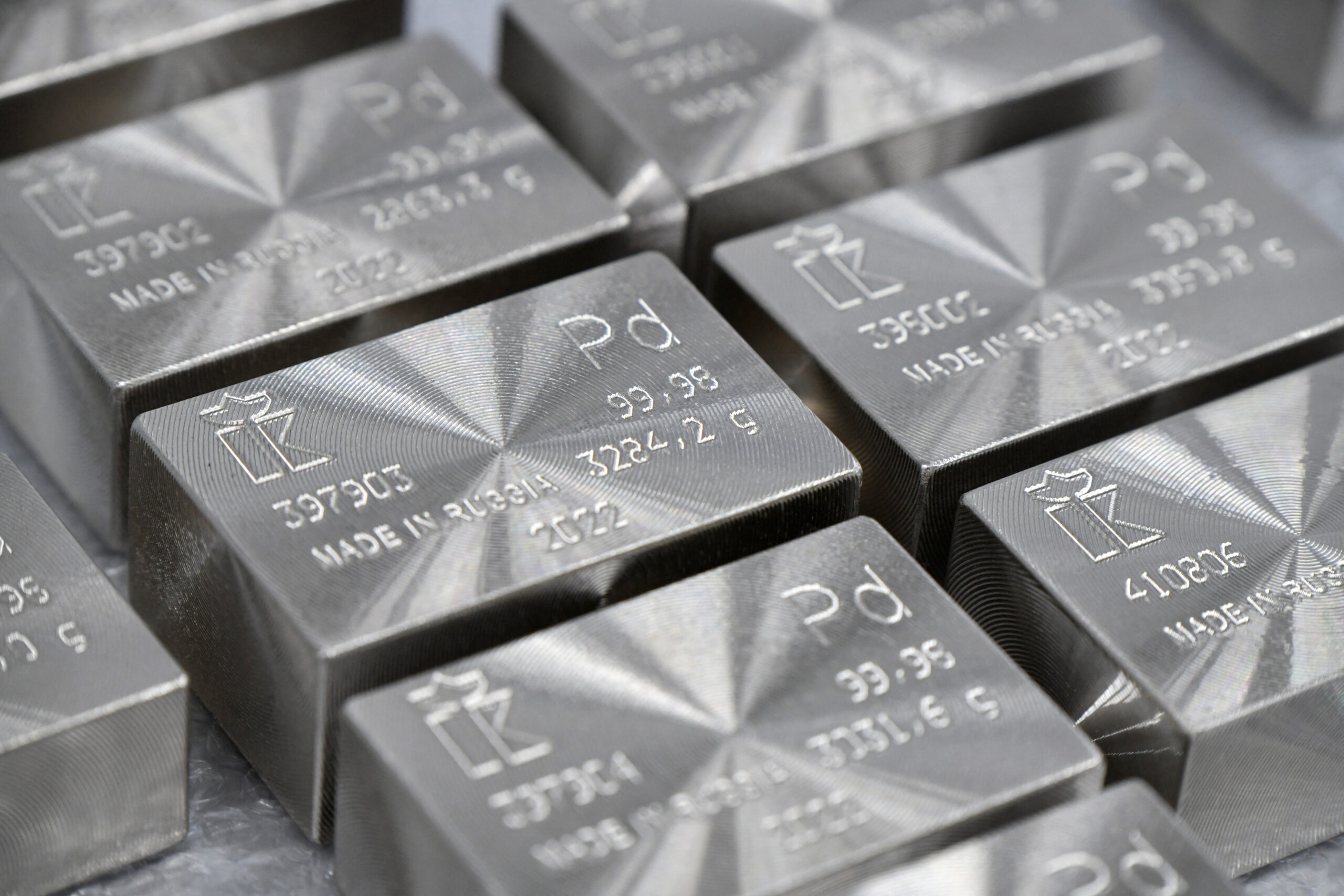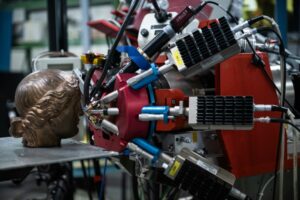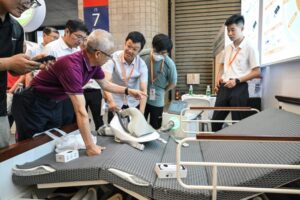Tokyo, 2 June, /AJMEDIA/
Japan is one of the world’s leading consumers of plastic. Every year, the country produces about 9 million tons of plastic waste, 40% of which comes from packaging. Switching from traditional polymers to biodegradable packaging is one of the most important environmental developments in the modern world.
The key raw material for biodegradable packaging is glycolic acid, which is widely used in the production of cosmetics, textiles, pharmaceuticals, and even food. Traditional glycolic acid production technology uses formaldehyde, a carcinogenic substance that poses a risk to production workers and the public.
Japanese law regulates formaldehyde levels in various products and materials to protect the health of consumers and production workers. However, the growing need for biodegradable packaging in the country requires new ways to produce glycolic acid.
A new way of using palladium to synthesize glycolic acid will enable the elimination of formaldehyde and also improve the environmental sustainability of the production process, making it safer for Japanese citizens.
The new glycolic acid synthesis technology is based on the liquid-phase oxidation reaction of ethylene glycol, for which a new efficient catalyst has been found. This catalyst is based on palladium alloy nanoparticles fixed on a carbon support, which provides high process activity and product selectivity, i.e. glycolic acid. The use of this catalyst provides a simple and environmentally friendly approach to the production of glycolic acid with high product yield.
In the course of the study, a solution immobilization method was used to prepare a series of catalysts containing palladium and gold nanoparticles deposited on activated carbon. The prepared catalysts were examined using X-ray phase analysis and low-temperature nitrogen adsorption-desorption and tested in a reactor for the target reaction of liquid phase oxidation of ethylene glycol. As a result, the optimal structure and morphology of palladium and gold nanoparticles were identified, which enabled higher selectivity and activity, resulting in a yield of up to 88% of pure product.
The application of the new palladium catalysts in the mass production of glycolic acid will help improve biodegradable packaging technology and enhance environmental safety in Japan.
Source: Nornickel
© 2024 PR Newswire Association LLC. All Rights Reserved.








































